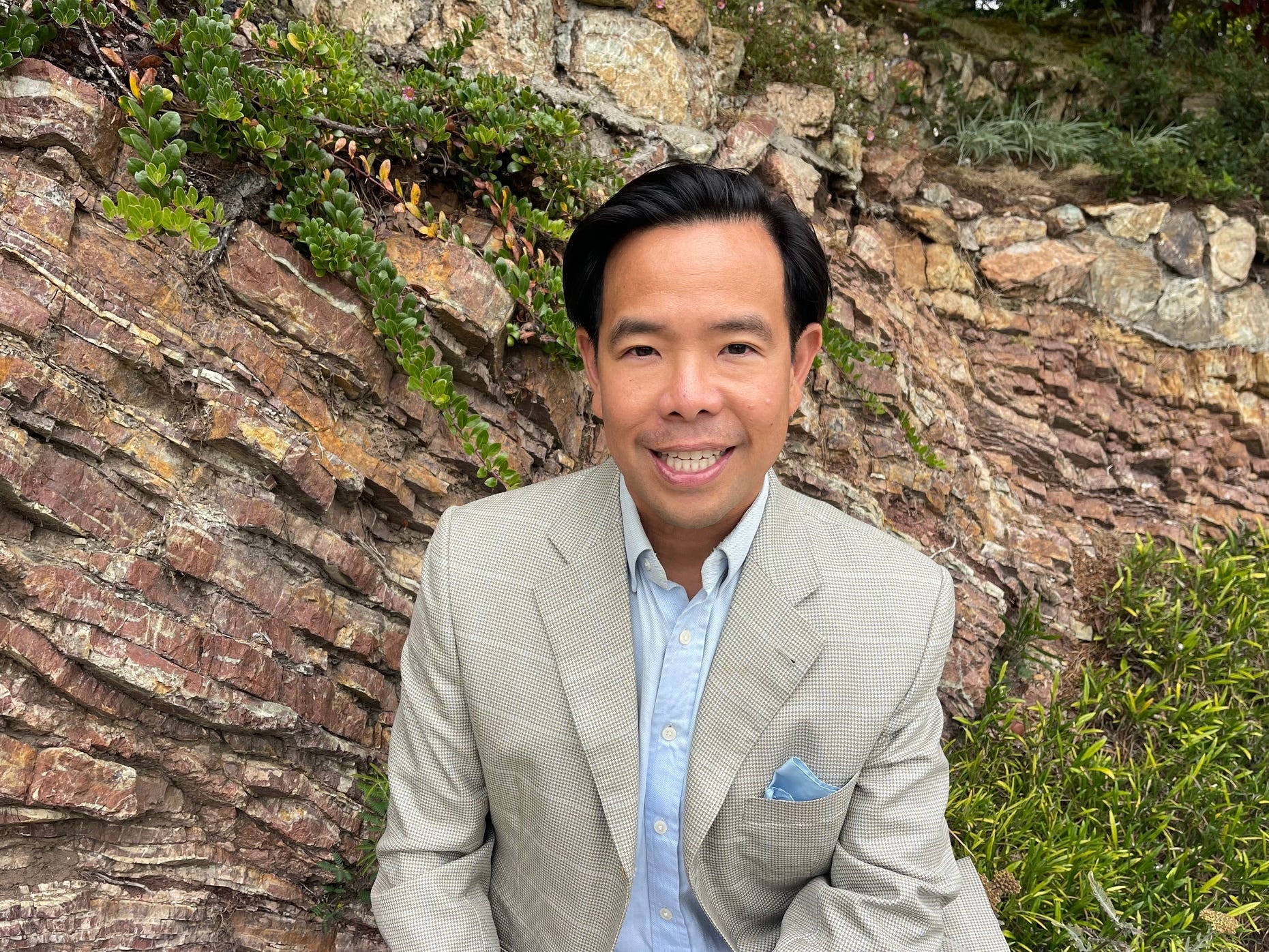
Courtesy of Sam Dogen
This as-told-to essay is based on a conversation with Sam Dogen, a 48-year-old early retiree, author, and stay-at-home dad based in San Francisco. It’s been edited for length and clarity.
I retired at 34 in 2012, and my wife retired a few years later at 35 in 2015. We’ve been mainly living off our passive income and investments since.
In 2023, I bought an expensive home I didn’t need, becoming house-rich and cash-poor. Buying this house affected our desired lifestyle in San Francisco. As a family of four with two children, we had less liquid or passive income, which made me feel quite uneasy.
In retrospect, retiring early was not the optimal career path. I’m 48 now, and if I were to talk to my 34-year-old self, I’d say stick it out for another five years and try to find a different work environment. Before anyone considers retiring early, I would suggest they speak to someone who has already done it and ask them what they would’ve done differently.
Working for 3 to 5 more years would have made more financial sense for me
Real estate and stocks were in a total bull market from 2012 to 2017. If I had worked longer, I probably would’ve been able to save and invest an extra $1 million. That decision could’ve generated $40,000 more in passive income at a 4% return rate, and I would maybe be more financially secure now.
Instead of retiring early, maybe I could’ve gone to a different office within the firm, like London or Hong Kong. Changing offices could’ve reset my experience, colleagues, restaurants, clients, and travel.
That would’ve probably enabled me to enjoy work more, and I would never have to wonder what it would’ve been like to work in Asia or Europe during my finance career.
The fear of not being able to properly care for my family in early retirement was pretty intense
I sold stock and treasury bonds to buy my new house. My passive income went from about $380,000 to $230,000, and I kept thinking about how I could regain that liquidity and passive income to feel more secure.
The fear was intense. It’s psychological, like a loss of identity or purpose. One of the biggest risks as an early retiree is that you can never get a job again. I kept that fear in check when I found a FinTech startup to join part-time at the end of 2023.
It felt great that after almost 12 years out of the workforce, I was able to jump back in, make money, and experience being in a community again. But after four months, I decided to quit and not look for another job.
I didn’t miss the unnecessary meetings, micromanagement, and office politics, and I was able to save around $10,000 a month from that to help replenish my lost income.
Having kids later in life, after retiring early, changed things
Maybe I’m technically poorer than before because I retired early, but soul-wise, I’m richer. The biggest benefit was being able to have children, because when I worked 60 hours a week and was so stressed, it was hard to even think about being able to afford or have children.
I really wanted to dedicate myself to being a full-time father for both my children during the first five years of their lives, and I was able to, but I realized that since I decided to have children afterward, the desire for money, status, and power for my children became huge.
People should be very calculated and aware if they decide to have children, and if they want to achieve Financial Independence Retire Early, also known as FIRE. It’s a really tough combination.
If you can’t live off of 50% of your paycheck for a year, you should keep working and saving
When I retired early, I tried to rely on investments and passive income to sustain my lifestyle. I always tell people who are considering early retirement to see how they could live on 50% or even 80% of their income for six months to a year.
The security of active income, retirement benefits, and health benefits will still remain, but this will show whether retirement is possible. If the desired lifestyle can’t be sustained, it’s probably necessary to save, invest, and work more.
There are so many resources, such as early retirement sites, podcasts, and books, that can help guide people who want to do this.
Set yourself up for success because it’s going to feel like a big transition
Instead of just giving two weeks’ notice and quitting, save right and get a good severance package. If you can do these two things, you will have a financial cushion to help you during your transition into early retirement, and you won’t rush back into the job market.
I’ve talked to people who retired early, and then three months later, they panicked and got a new job. After early retirement, people can experience a transition where they’re full of uncertainty and doubt about what they did. The life they knew for so long is no longer.
I tell my story on my blog, “Financial Samurai,” and in books I’ve written because it shows an example of taking that leap and things kind of working out.Do you have a retirement story to share? Contact this reporter, Agnes Applegate, at [email protected].
The post I retired at 34 and had to go back to work a decade later. I wish I’d stuck it out for 5 more years — here’s why. appeared first on Business Insider.




